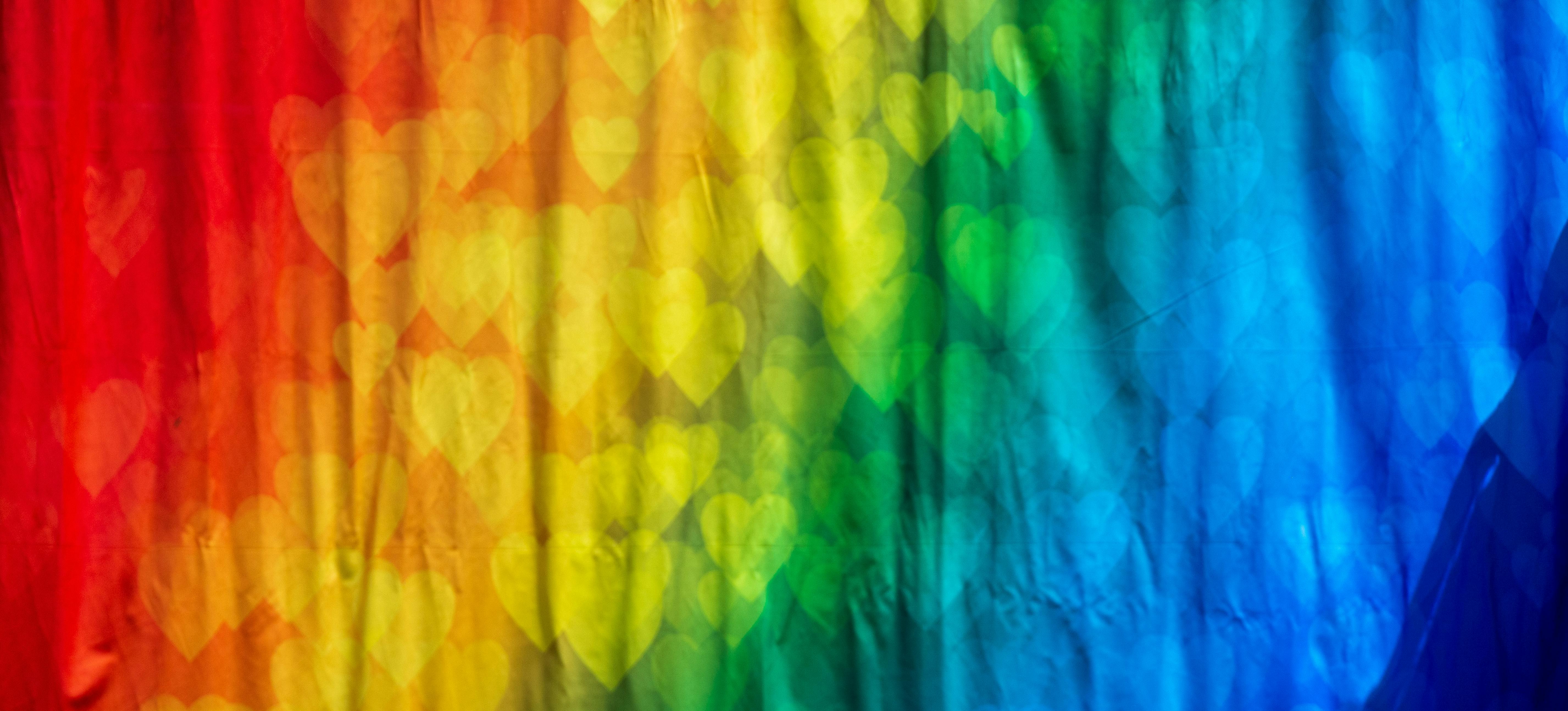LGBTQ+ hate FAQs
- Assaults.
- Criminal damage.
- Harassment.
- Murder.
- Sexual Assault.
- Theft.
- Fraud.
- Burglary.
- Malicious Communication.
- Sexual orientation hate crime
- Transgender hate crime
- Disability hate crime
- Race hate crime
- Religious hate crime
What is the difference between a 'hate crime' and a 'hate incident'?
A hate incident is any incident which the victim, or anyone else, thinks is motivated someone’s prejudice towards them because of their race, religion, sexual orientation, disability or because they are transgender.
Not all hate incidents will be crimes but it is important to report them as this helps the authorities build a picture of what is going on in communities and helps with the allocation of resources.
A hate crime is a criminal offence, i.e. an incident which has broken the law, which the victim, or anyone else, thinks is motivated by someone’s prejudice towards them because of their race, religion, sexual orientation, disability or because they are transgender.
Some examples include:
What is an LGBTQ+ hate crime?
An LGBTQ+ hate crime is a criminal offence which is perceived by the victim, or any other person, as being motivated by prejudice or hate towards a person’s sexual orientation or gender identity.
Evidence of the hate element is not a requirement to report a crime or incident. You do not need to personally perceive the incident to be hate related. It would be enough if another person, a witness or even a police officer thought that the incident was hate related.
How can I report a hate crime or incident?
The True Vision website has loads of advice and support for reporting hate crime, both whether you are a victim or whether you have witnessed something happen to someone else.
Recognising that people can be victims of more than one type of hate, you can report the following hate crimes via the website:
They also have lots of advice for keeping yourself safe and links to victim support services in your local area.
Support for victims of LGBTQ+ hate
There are a number of local and national organisations that can support you if you have been a victim of LGBTQ+ hate:
Galop
Support LGBT+ people who are victims of domestic abuse, sexual violence, hate crime, so-called conversion therapies, honour-based abuse, forced marriage, and other forms of abuse
Victim Support
Provide independent, free and confidential advice for anyone affected by a crime.

